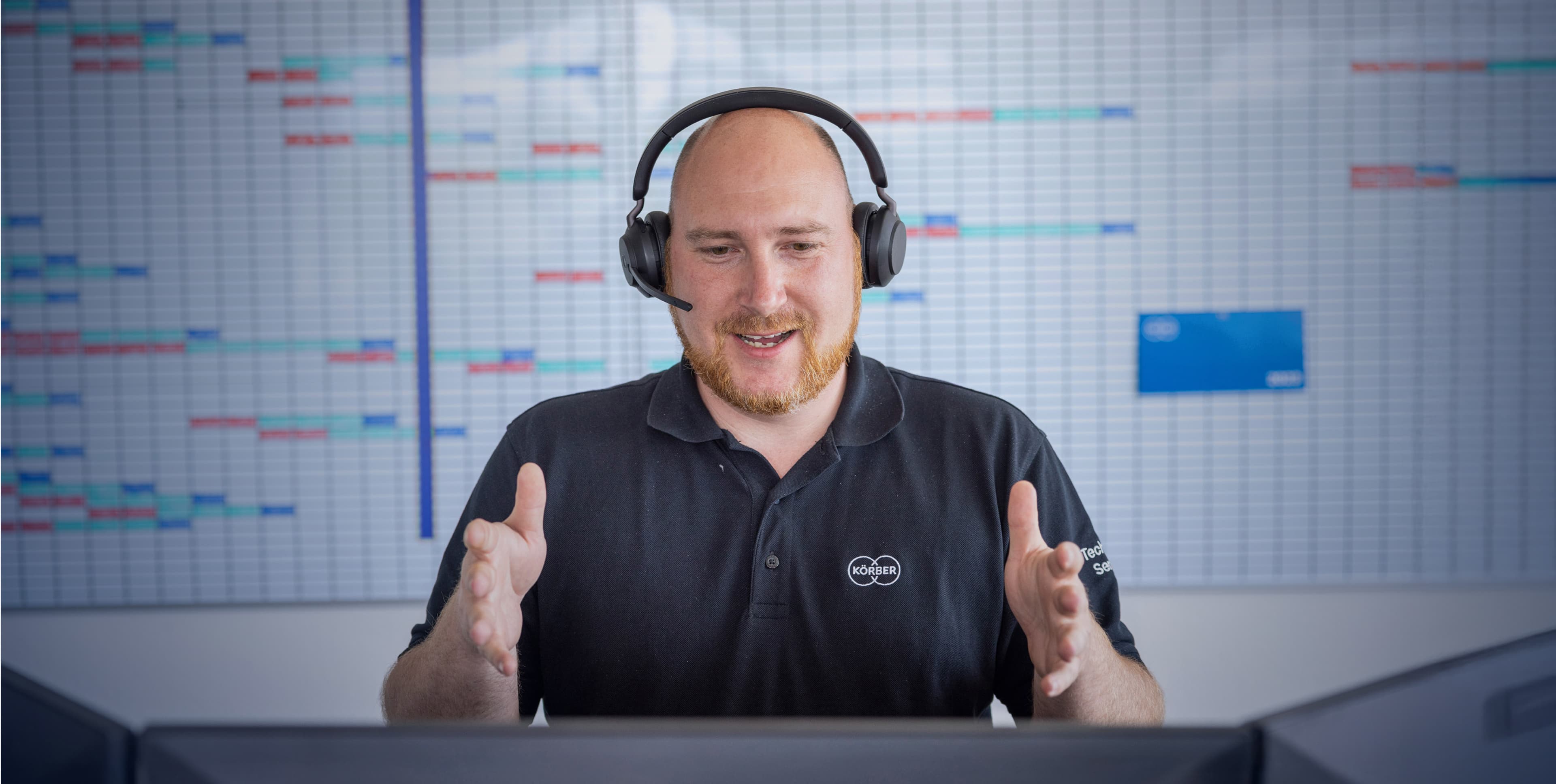The threat posed by hackers is already immense. According to a recent survey by the British insurance company Hiscox, 58 percent of all German companies were targeted in 2023 alone - an increase of 12 percent compared to the previous year. AI increases both the quantity and type of attacks. "The nature of the threat is changing," says Gaetje. It's no longer just about tapping into data to blackmail companies. Networking machines into "smart factories" heightens the risk of hackers accessing machine data and disrupting production processes. Also, phishing emails might even increase in the future, with deep fakes adding additional forms of deception, such as fake phone calls from the CEO. With generative AI, it is possible to vary and improve the content of emails faster and faster so that they can hardly be distinguished from legitimate messages.
"All of this puts tremendous pressure on companies," says Gaetje. "I know of mid-sized companies that have stopped digitalization projects in production for fear of such attacks. Ultimately, this threatens their competitiveness." Besides, companies are not achieving their intended goal: "The risk of catching malware is hardly reduced because the internal devices are connected anyway." OT systems themselves are another vulnerability. Companies often forgo necessary updates because they are costly and time-consuming. "This can have serious consequences and is a perfect gateway for hackers," says Gaetje.
AI-based security systems
He advises companies to see artificial intelligence as a way to better protect themselves from attacks. Körber is leading the way, making digital security a priority. "We are investing in AI-based security systems and developing AI-based production systems. And we advise our customers to do the same," says Gaetje. "Used consciously and securely, AI is crucial for companies to remain competitive in the future."
One way to do this is through "zero trust" architectures. They divide networks into small, isolated segments and allow only indispensable connections. When attacked, only individual systems can be targeted, not entire networks. Only AI enables the implementation of such architectures on a large scale because self-learning and automated micro-segmentation dramatically simplify deployment and avoid high implementation costs, as Gaetje explains. "We are already making use of the model with individual customers." They benefit from the fact that Körber has expertise in both mechanical engineering and software development. "We know machines - and we also know how to protect them," he says. "This is why we consider security in developing our software products right from the start."







